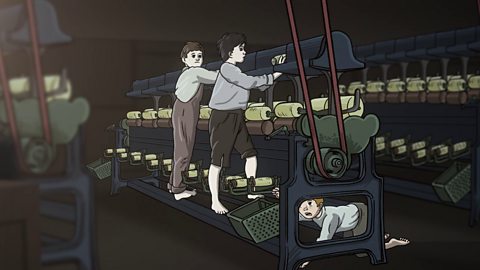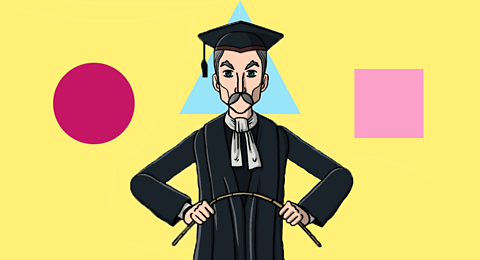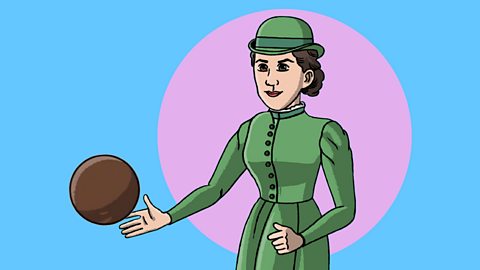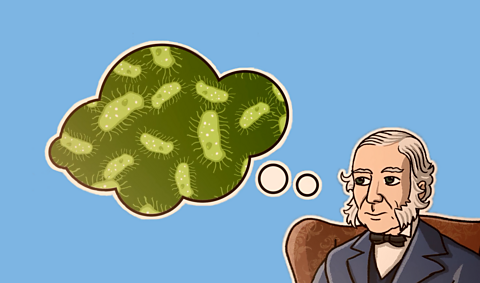Robert Owen was a factory owner who wanted to improve the health and well-being of his workers. His ideas made him world famous and influenced a better society.


Robert Owen was 29 when he took over New Lanark mill
Who was he?
- Robert was born in Wales on 14 May 1771.
- He left school aged ten to train as a draper or cloth merchant ( a merchant is someone who trades in goods made by other people). A draper's shop would sell cloth for people to buy and make their own clothing.
- At 21 he was managing a cotton mill in Manchester.
- Owen saw working people had a very hard life and thought they would work more productively if they had better welfare and were happier.
- At New Lanark mill in Scotland he gave workers shorter days, free healthcare and education from childhood to adulthood.
- His belief in improving the lives of workers helped improve conditions in workplaces all over the world.
- He later moved to America to start up new working communities.
- Robert Owen died in Wales on 17 November 1858 aged 87.

Robert Owen was 29 when he took over New Lanark mill

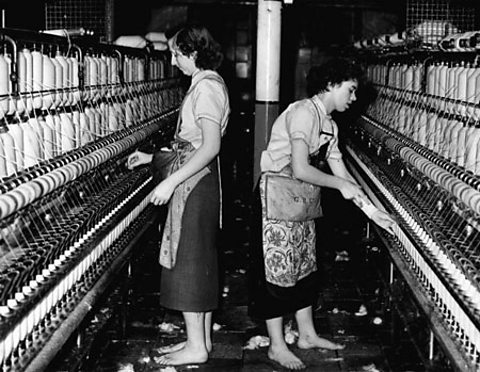
New Lanark Mills kept making cotton until 1968
Why is Owen so important?
Owen believed working people deserved kinder treatment. He thought if all people had a better quality of life, it would create a better, happier society.
To make workers' lives better Owen introduced the following ideas at New Lanark:
- Free education system for everyone including:
- A creche for working mothers
- The first infant school in the world
- A school for children with enjoyable lessons and no punishments!
- Evening classes and lectures for adults
- Free medical care
- Children under 10 were not allowed to work in the mill.
- The village shop became the model for cooperatives, offering cheaper goods for workers with profits going back into the community.
- Shorter working days
- Leisure and recreation - free concerts, dancing, music-making and pleasant outdoor space

New Lanark Mills kept making cotton until 1968

Where next?
More on Victorians
Find out more by working through a topic
- count10 of 19
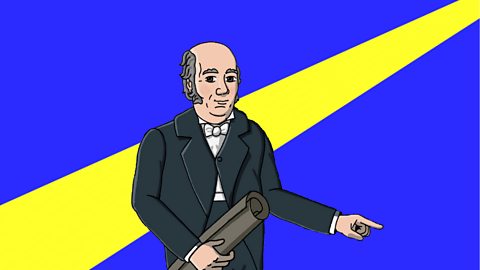
- count11 of 19
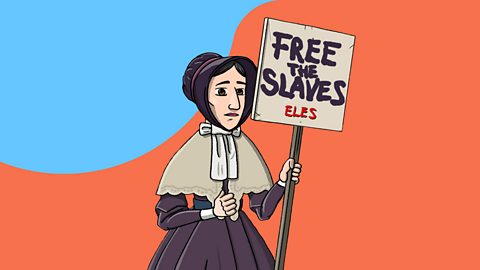
- count12 of 19
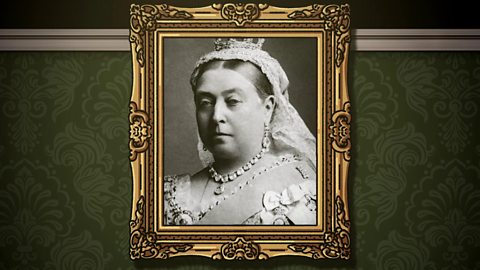
- count13 of 19
